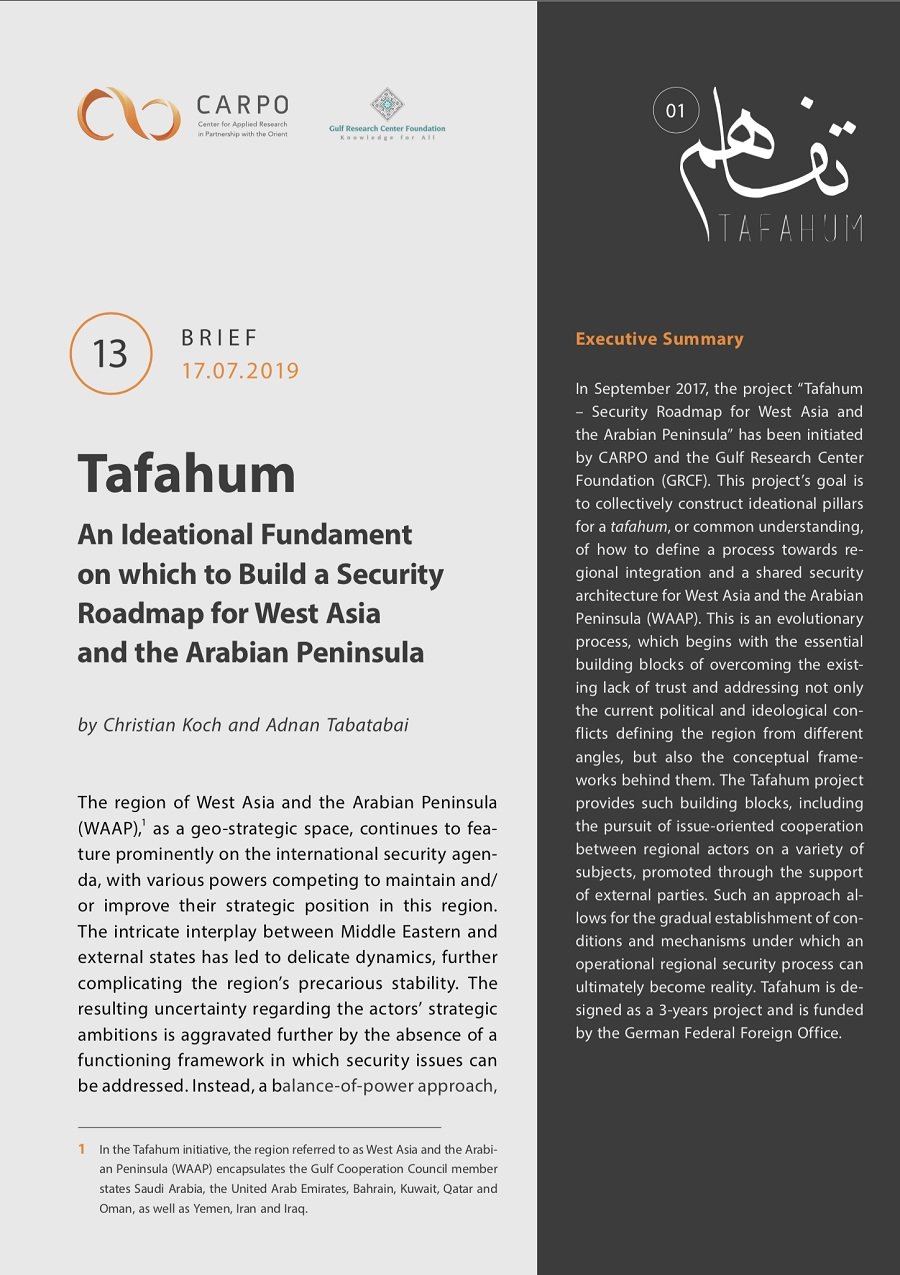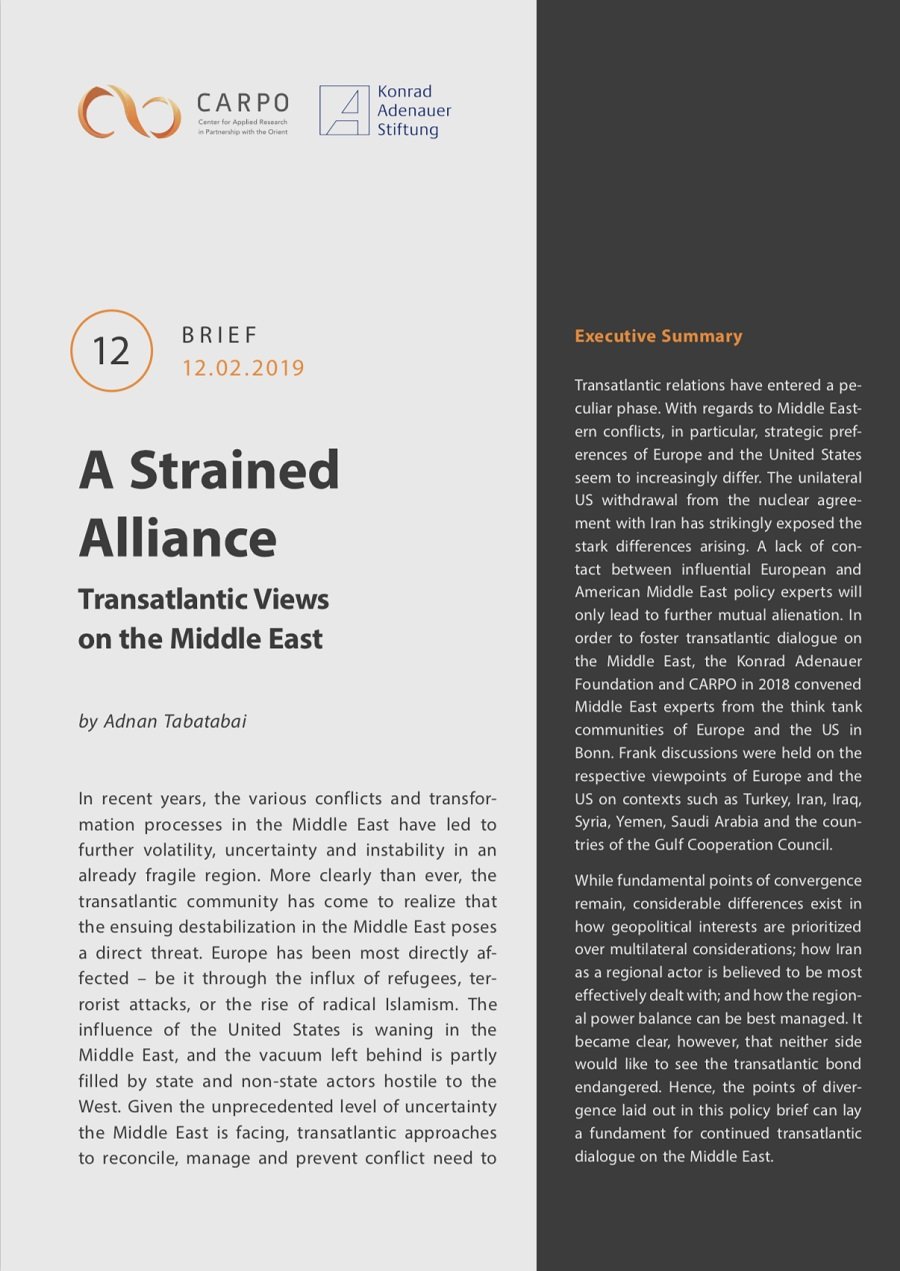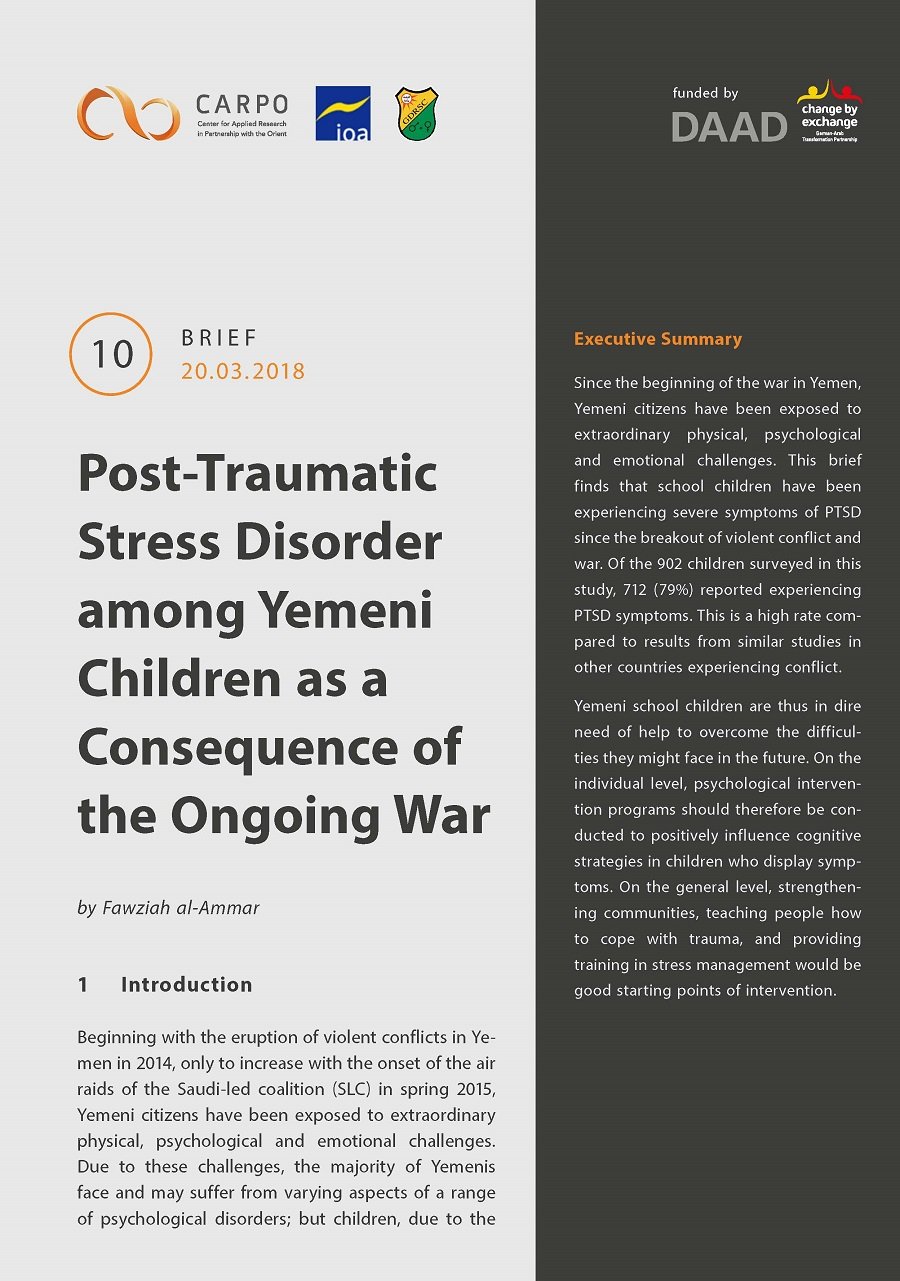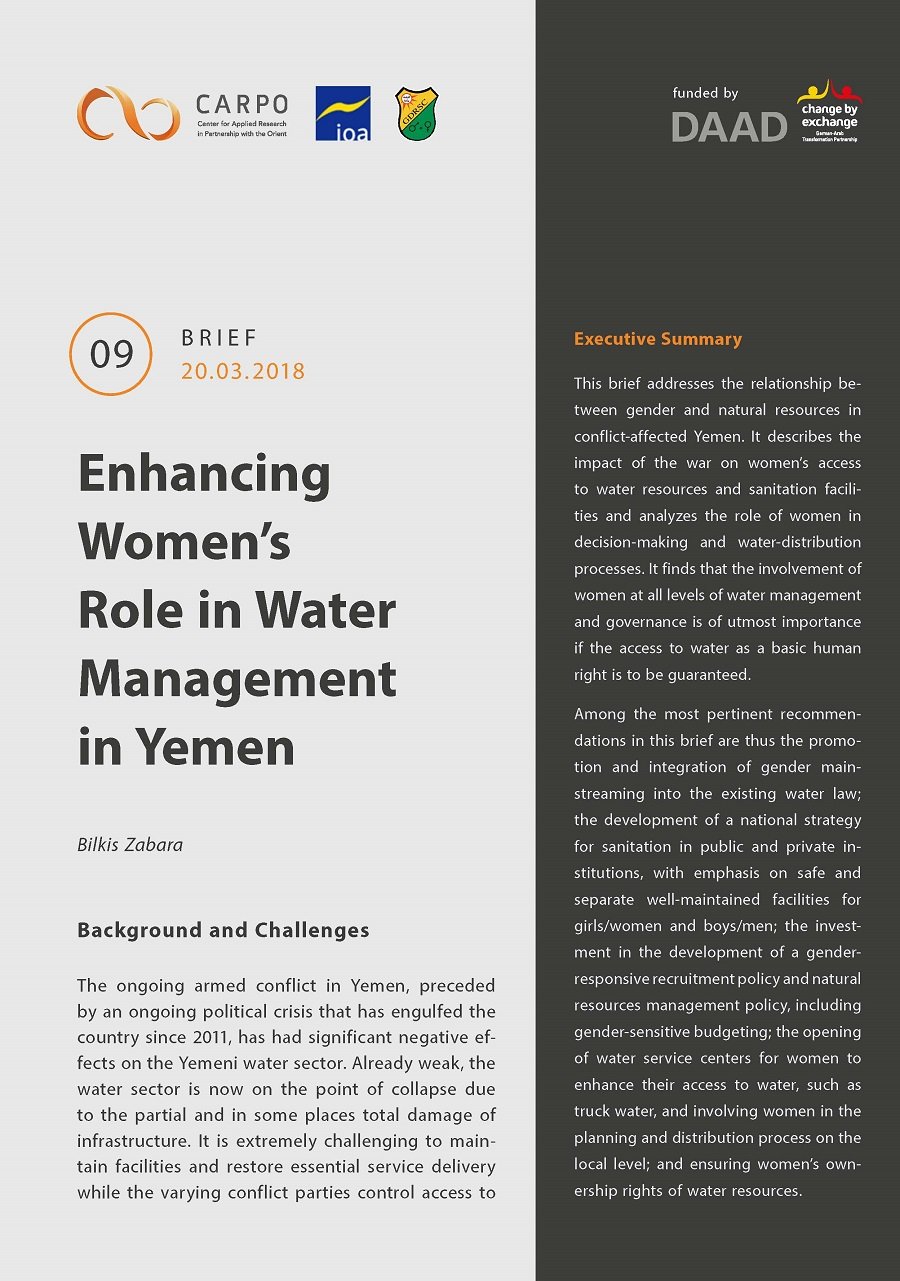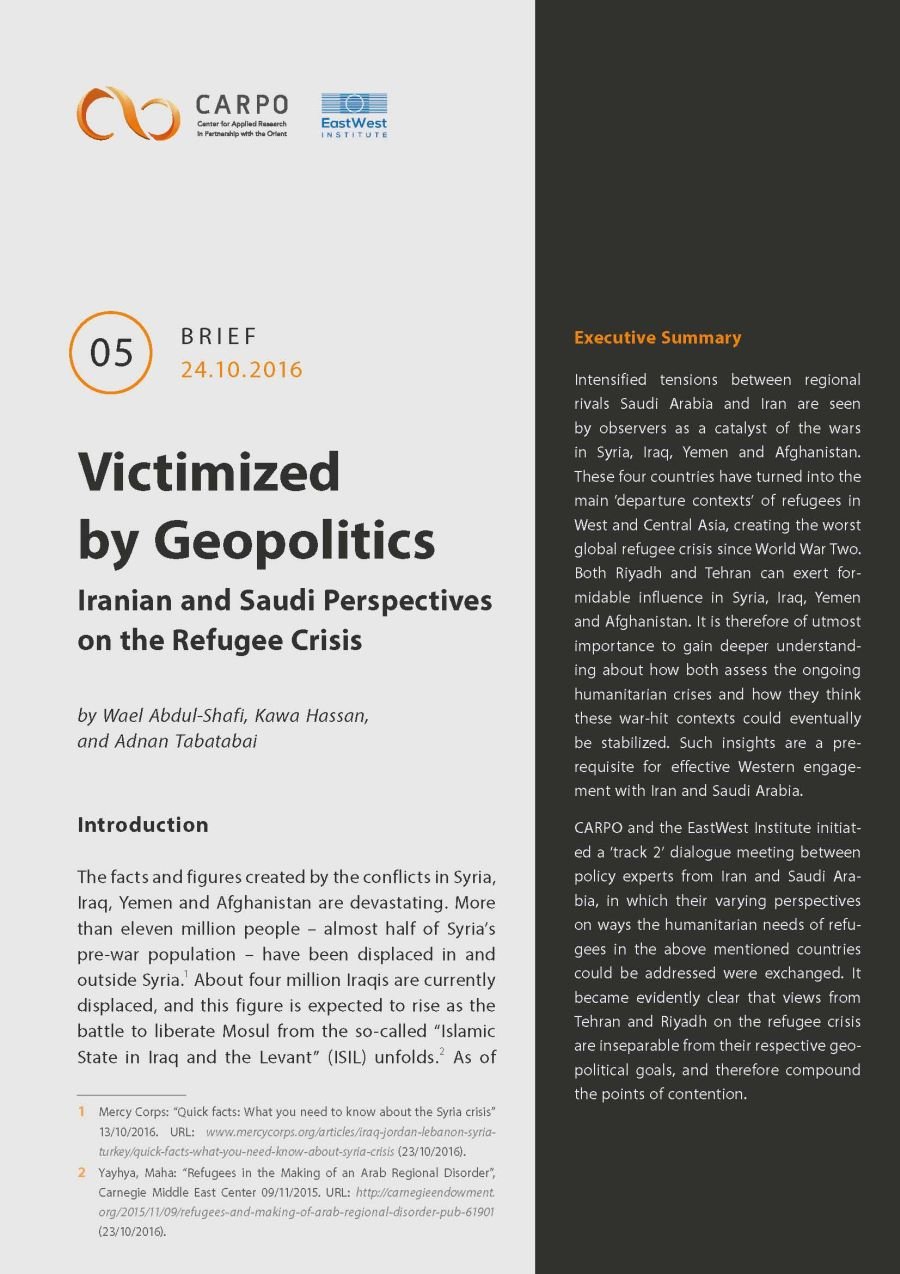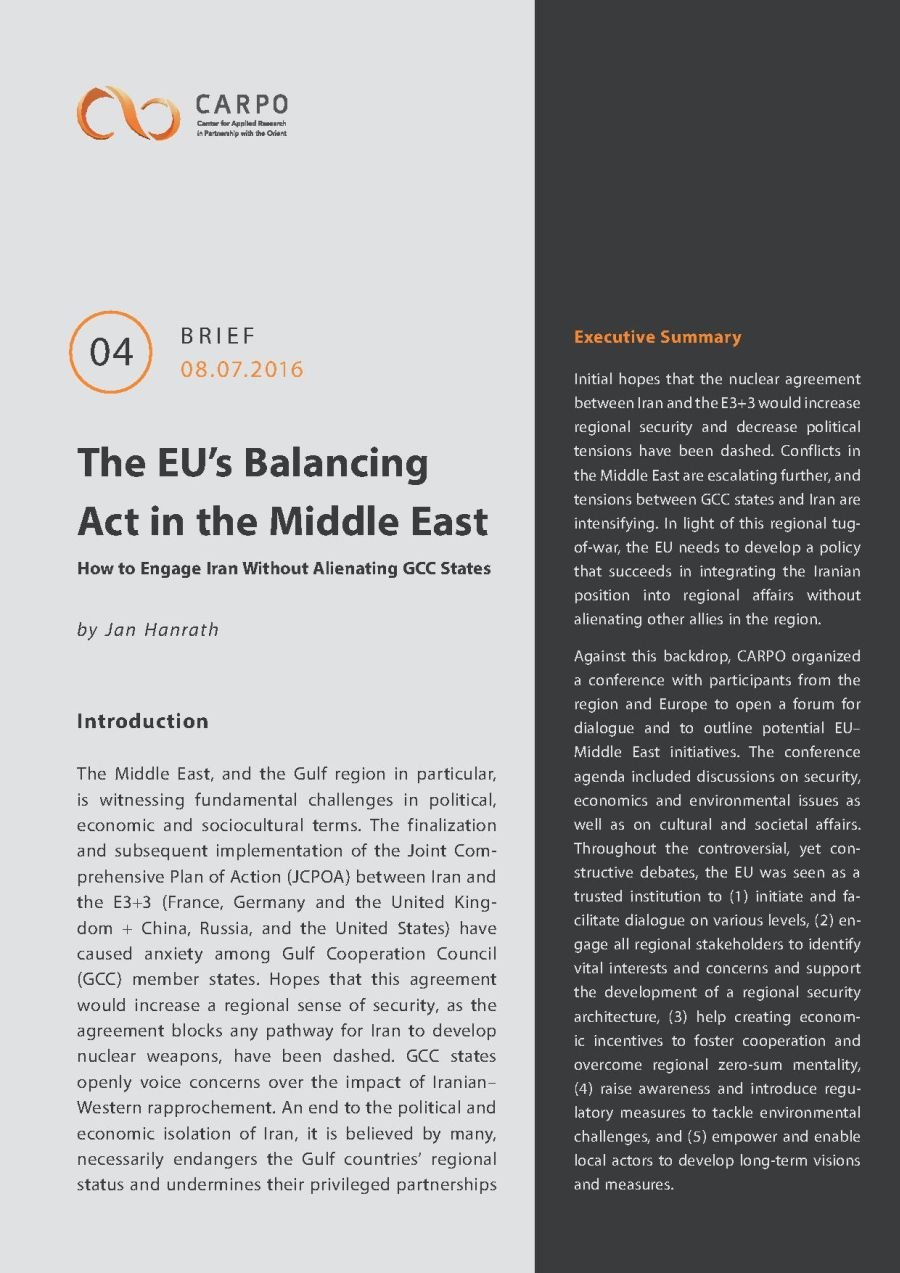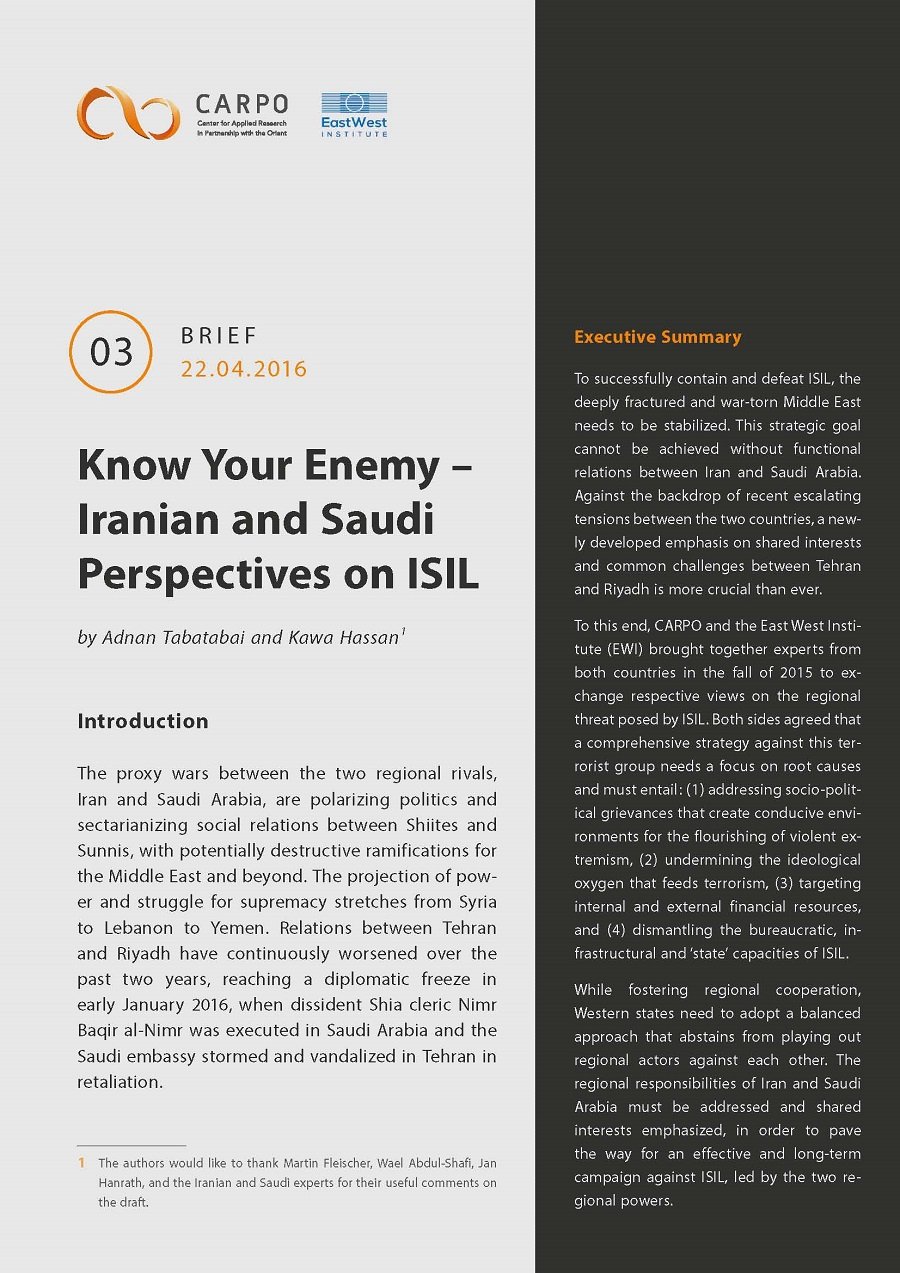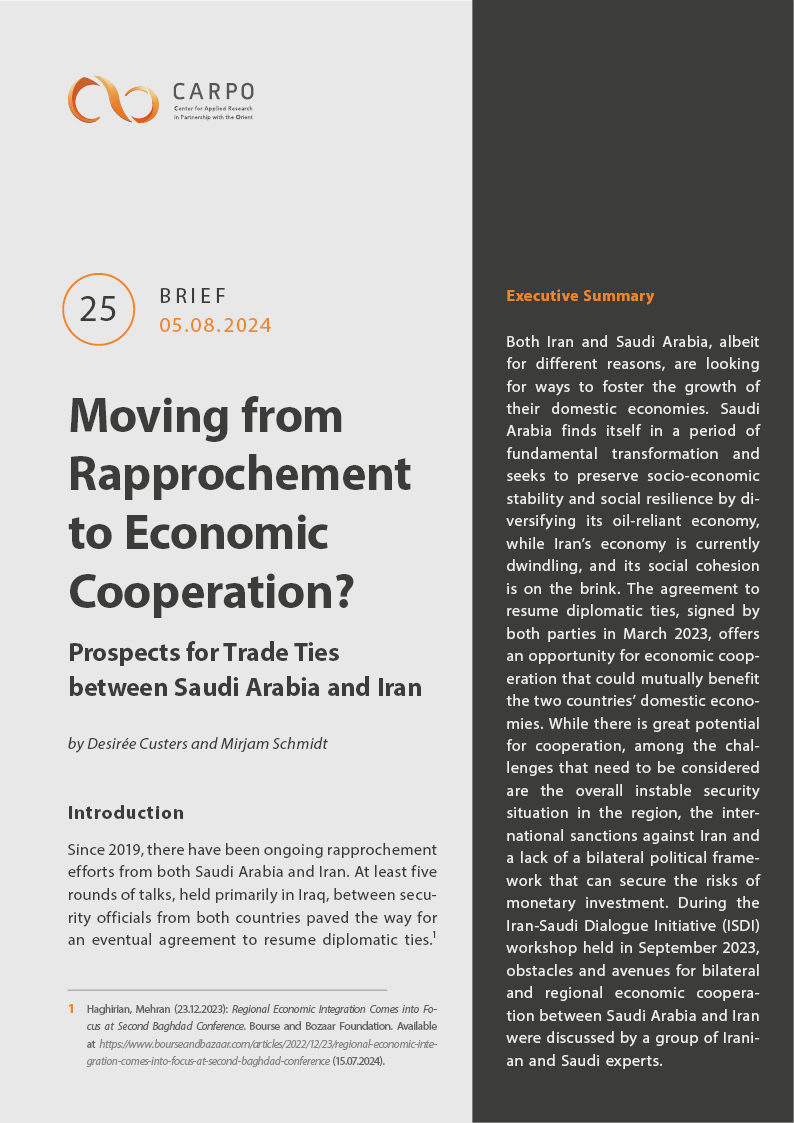
Moving from Rapprochement to Economic Cooperation? Prospects for Trade Ties between Saudi Arabia and Iran
by Desirée Custers and Mirjam Schmidt
As both Iran and Saudi Arabia are looking for ways to foster economic growth, the agreement to resume diplomatic ties, signed in March 2023, offers an opportunity for economic cooperation that could mutually benefit the two countries’ domestic economies. Areas of potential cooperation include the hydrogen and start-up sectors, as well as shared investment in third markets, such as the mutually neighbouring Iraq. While there is great potential for cooperation, among the challenges that need to be considered are the security situation in the region, the international sanctions against Iran and a lack of a bilateral political framework that can secure the risks of monetary investment. This CARPO Brief summarizes the obstacles and avenues for bilateral and regional economic cooperation between Saudi Arabia and Iran as discussed by a group of Iranian and Saudi experts during an Iran-Saudi Dialogue Initiative (ISDI) workshop held in September 2023.
view CARPO Brief
Allgemein, CARPO Briefs
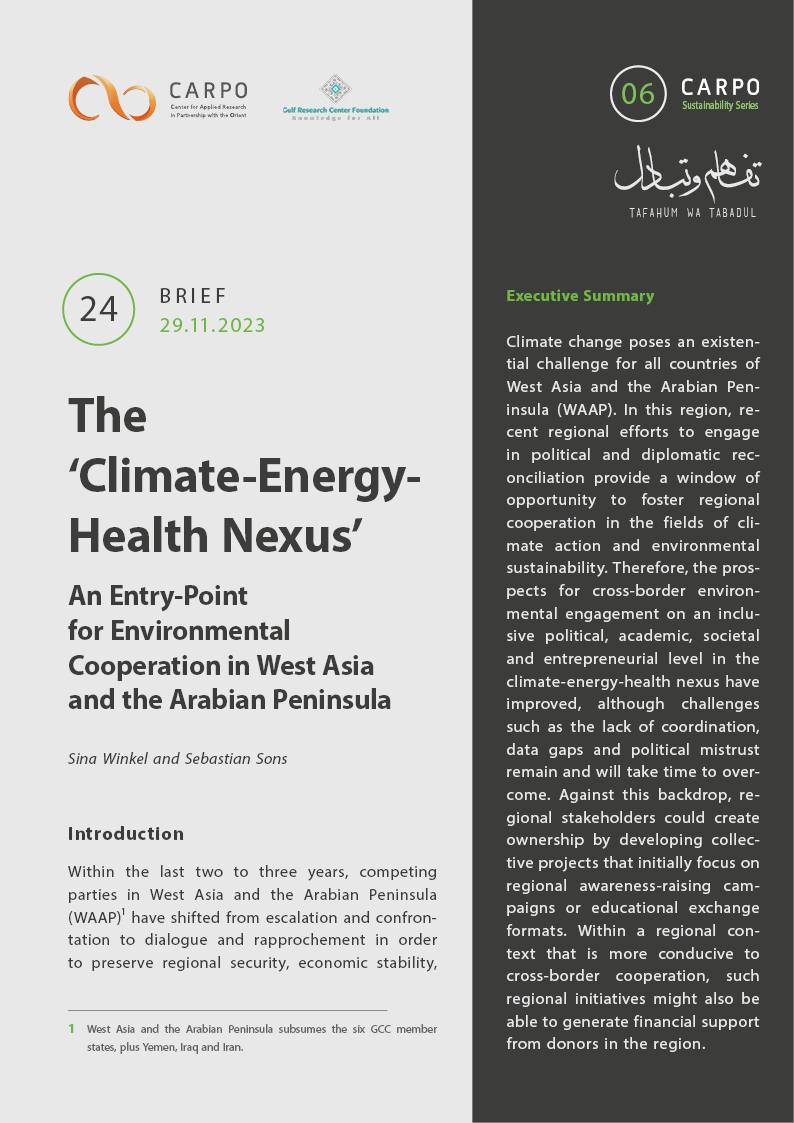
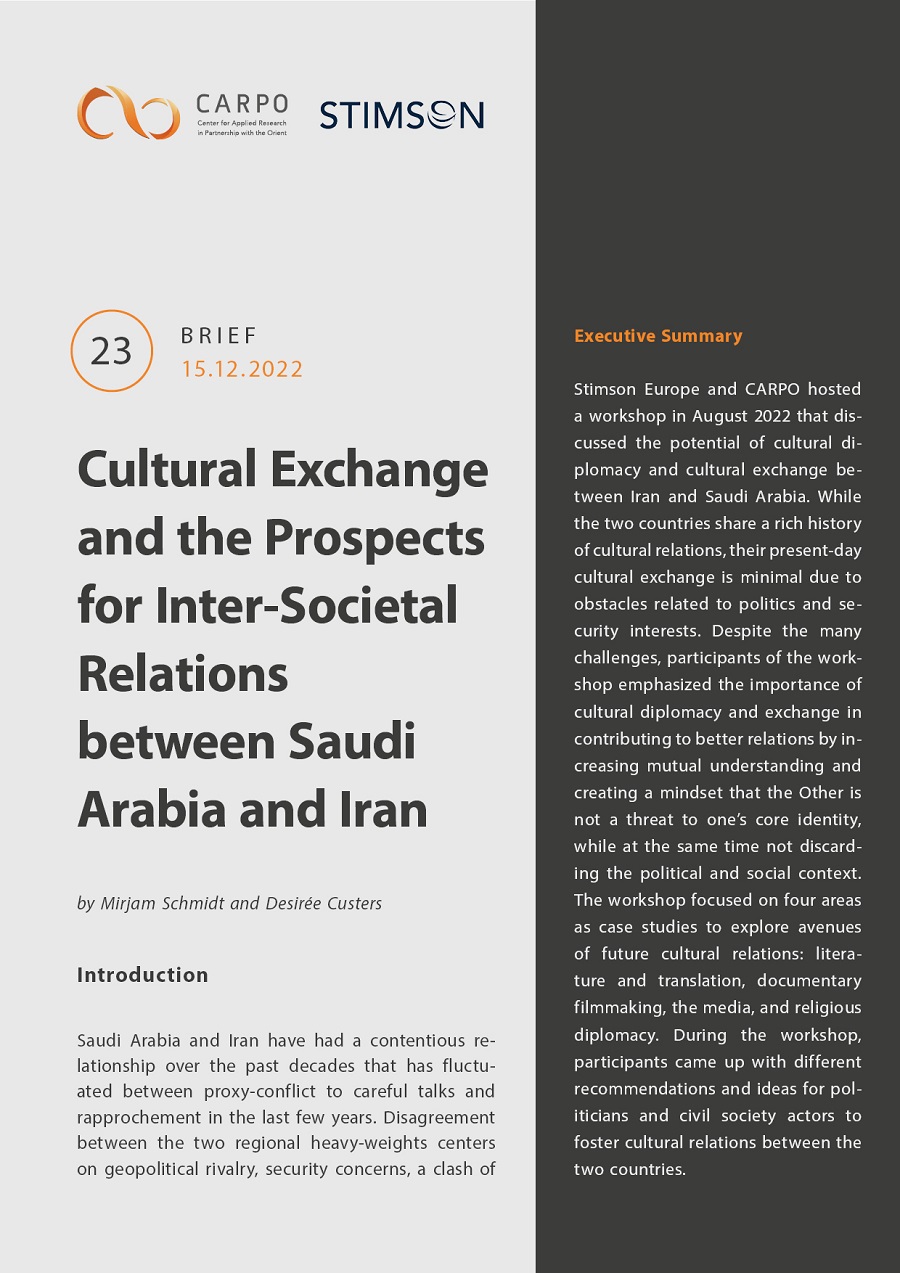
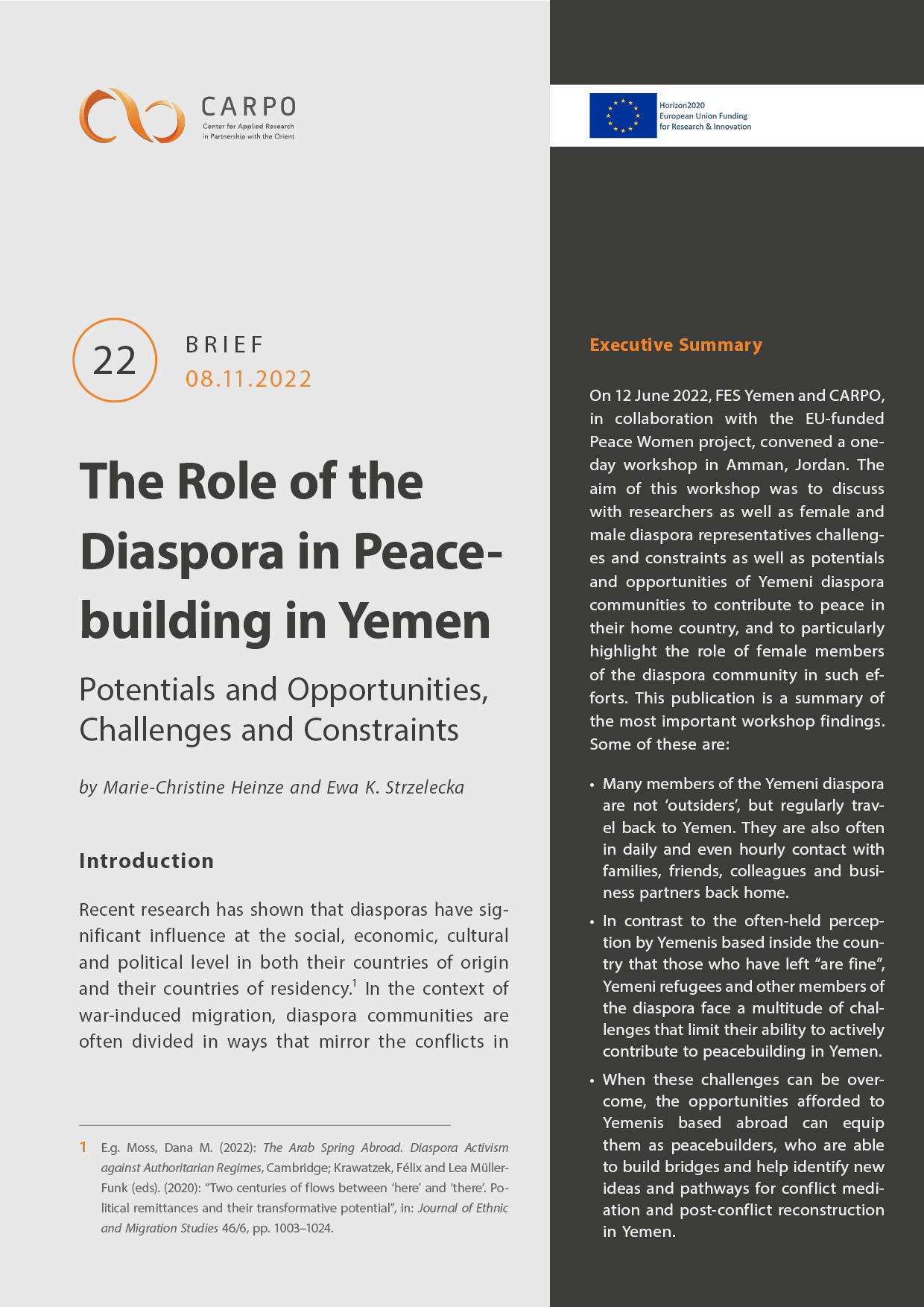
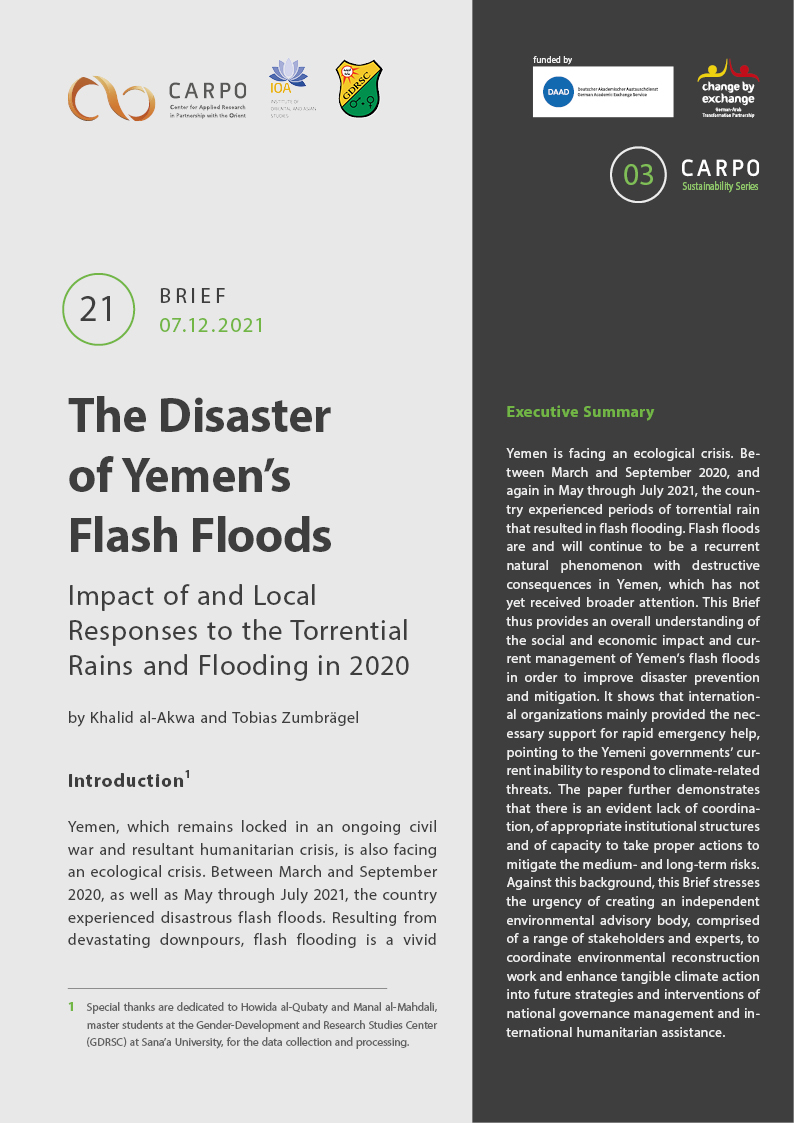
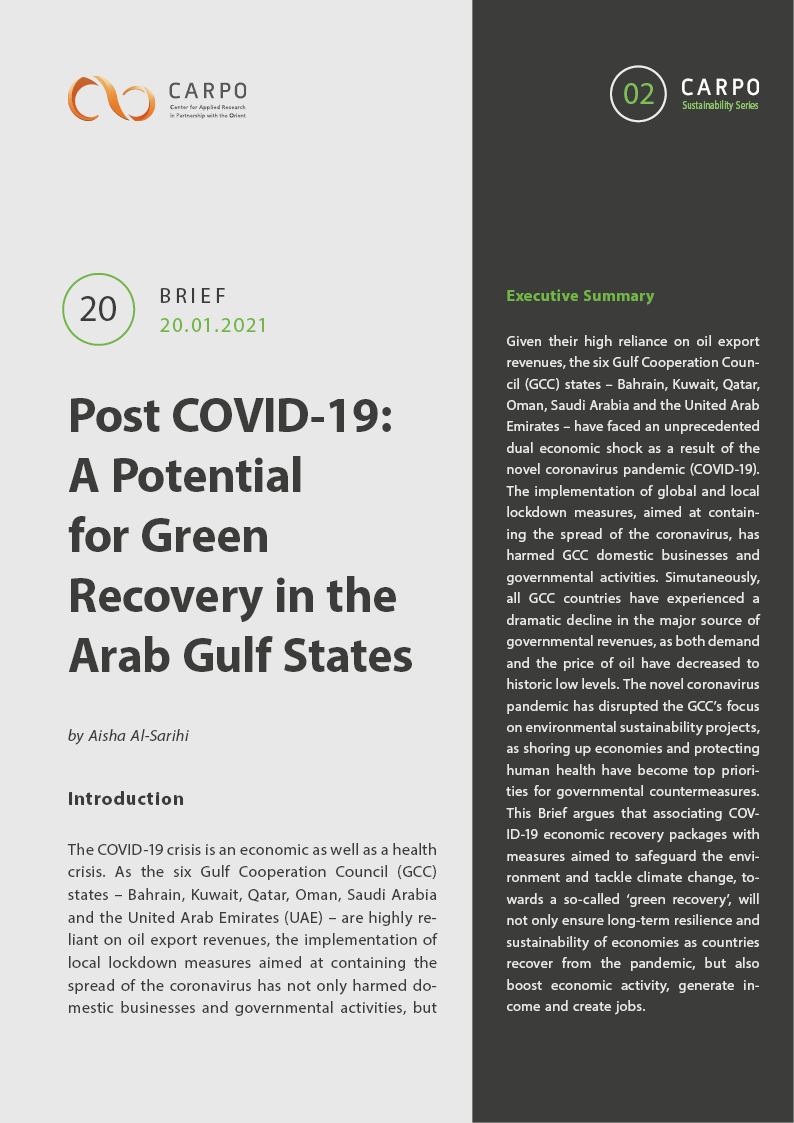




![China’s Strategy in the Persian Gulf. A Balancing Act between Riyadh and Tehran [in German]](https://carpo-bonn.org/wp-content/uploads/2020/04/15_carpo_brief_Cover_900.jpg)

